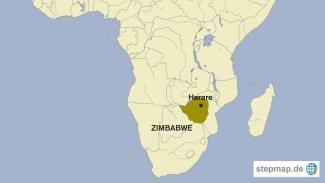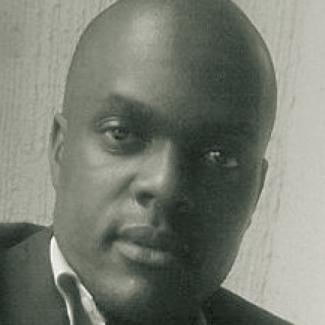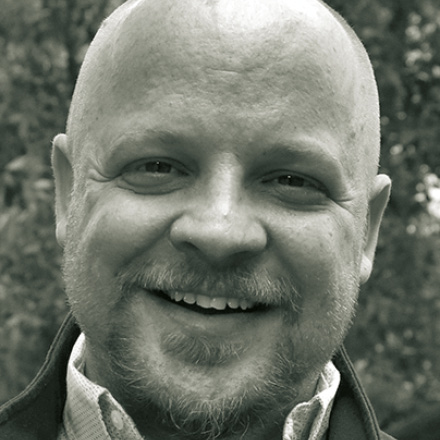Genocide
Outlawing victims of massacres

Soldiers murdered Ntini’s parents in broad daylight at their rural home, after accusing them of harbouring dissidents linked to Joshua Nkomo, a former freedom fighter who served as Zimbabwe’s first vice president, but soon fell out with President Robert Mugabe. At the time, approximately 20,000 people of Zimbabwe’s minority Ndebele ethnic group were killed, according to the Catholic Commission on Justice and Peace.
The operation was codenamed Gukurahundi. Between 1983 and 1987, Mugabe deployed North-Korean-trained soldiers to attack so-called “dissidents”. Supposed “anti-government elements” were decimated, and the Ndebele were victimised in particular.
Ntini was four months old when his parents were killed. “I grew up being told how they were tied together before being simultaneously shot dead in 1983,” he says. He neither has a birth certificate, nor death certificates for his parents. Many relatives of massacred people share this fate. They are denied official documents. According to Zimbabwe’s citizenship laws, they are stateless people.
To this day, all efforts made by his relatives to get a birth certificate for Ntini have yielded nothing. “I could not go to school,” he says, “I still can’t do anything to earn a living in a formal setup.” In legal terms, he lacks an identity. “Every time I went to the Home Affairs offices, officials asked for my parents’ deaths certificates to prove they were my parents, but I don’t have them.”
The victims of Gukuahundi need to be rehabilitated. That demand was made by the Zimbabwe Human Rights NGO Forum in a 2010 report with the title “Taking transitional justice to the people”. Mugabe and his party, the Zimbabwe Africa National Union Patriotic Front, have been challenged to apologise for their roles during the 1980s atrocities. According to Mugabe, it was “a moment of madness”. The victims of that madness are still suffering marginalisation.
Jeffrey Moyo is a journalist and lives in Harare, Zimbabwe.
moyojeffrey@gmail.com











